RUSSIA to OPEN EMBASSIES in Niger, Sierra Leone and South Sudan
Russia has announced its plans to open new embassies in three African countries—Niger, Sierra Leone, and South Sudan. This move marks a significant step in Russia’s efforts to strengthen its diplomatic and economic ties with African nations. The embassies are expected to serve as a hub for enhanced political, economic, and military cooperation between Russia and these nations, with a focus on fostering deeper bilateral relations in various sectors such as trade, defense, and energy.
As Russia seeks to expand its influence in Africa, these new diplomatic missions are seen as part of a broader strategy to solidify its presence on the continent. The announcement has raised questions about the motivations behind Russia’s increased involvement in African affairs, particularly in the context of global geopolitical tensions and the ongoing competition for influence in Africa among major powers.
Russia’s Growing Diplomatic and Economic Presence in Africa
Russia’s decision to open embassies in Niger, Sierra Leone, and South Sudan is a part of a broader strategy aimed at enhancing its diplomatic and economic footprint across Africa. Over the past decade, Russia has significantly increased its engagement with African countries through various channels, including military cooperation, trade deals, and energy investments.
In recent years, Russia has also worked to build stronger political and economic ties with countries across the continent, especially in the wake of Western sanctions and global isolation. This has included the establishment of defense partnerships, with Russia providing arms and military training to several African nations. Russia has also been involved in helping to mediate conflicts and offering support in areas such as infrastructure development and natural resource extraction.
Opening embassies in Niger, Sierra Leone, and South Sudan is a clear indication of Russia’s intent to further cement these relationships and expand its influence on the African continent. The embassies will likely play a crucial role in facilitating Russian involvement in regional political, economic, and security affairs, providing a direct channel of communication between Russian officials and their counterparts in these countries.
Niger: A Key Strategic Partner for Russia
Niger, located in West Africa, has become an important focal point for Russia’s expanding presence in the region. The country has long been a strategic partner for Russia, particularly in the areas of energy and defense. Niger is rich in uranium, a resource that Russia has shown significant interest in due to its importance in nuclear energy production. As Russia continues to seek energy diversification and long-term stability in its energy supply chains, Niger’s uranium deposits make it a key player in Russia’s energy strategy.
Additionally, Niger has experienced political instability in recent years, with growing concerns over terrorism and instability in the Sahel region. Russia has positioned itself as a counterbalance to Western powers, offering military support and security assistance to countries in the region. By opening an embassy in Niger, Russia hopes to further solidify its position as a security partner in the region, particularly in the fight against extremist groups operating in the Sahel.
The move also aligns with Russia’s broader strategy to increase its influence in West Africa, a region that has historically been dominated by former colonial powers such as France and the United Kingdom. As countries like Niger seek alternatives to Western support, Russia is positioning itself as a reliable partner in the realm of military cooperation and trade.
Sierra Leone: Strengthening Economic Ties
Sierra Leone, located in West Africa, has also been a target for Russia’s growing interest in Africa. The country, which has seen significant progress in rebuilding its economy following a brutal civil war in the 1990s, is rich in natural resources, including diamonds, gold, and iron ore. These resources have attracted the attention of global powers, and Russia is keen to secure a foothold in the country’s mining sector.
Opening an embassy in Sierra Leone is a strategic move for Russia, as it seeks to tap into the growing demand for natural resources and expand its economic partnerships with African nations. Russia has already established a presence in Sierra Leone’s mining industry through partnerships with local businesses, and the new embassy will likely serve as a focal point for further economic cooperation and resource extraction deals.
In addition to its interest in Sierra Leone’s resources, Russia’s embassy will likely also be a key tool for strengthening diplomatic ties between the two countries. While Sierra Leone has traditionally maintained strong ties with Western nations, Russia’s growing involvement in the country may signal a shift in the balance of power as African nations seek more diverse partnerships in the face of global challenges.
South Sudan: Russia’s Engagement in African Conflict Resolution
South Sudan, the world’s youngest nation, has been embroiled in civil conflict for much of its existence. The country’s long-standing instability has attracted international attention, with various countries and organizations attempting to mediate peace and offer assistance. Russia, however, has increasingly positioned itself as a key player in African conflict resolution and peacekeeping efforts, including in South Sudan.
By opening an embassy in South Sudan, Russia aims to bolster its role as a diplomatic mediator in the region and further its involvement in peacekeeping operations. Russia has already established military ties with the South Sudanese government, providing weapons, military training, and support for security operations. The establishment of an embassy is a clear indication that Russia intends to continue its efforts to support the South Sudanese government and expand its influence in the country’s reconstruction process.
Additionally, South Sudan is rich in oil reserves, which further strengthens Russia’s interest in the country. South Sudan’s oil sector, which has been a major source of revenue for the government, has faced challenges due to the ongoing conflict, but it remains a key resource that Russia is eager to access. The opening of an embassy will likely facilitate greater cooperation between Russia and South Sudan in the energy sector, among other areas.
Russia’s Broader Strategy in Africa
Russia’s increasing diplomatic engagement with African nations comes at a time when many African countries are reevaluating their relationships with traditional Western powers. While Russia’s historical ties to Africa were often centered around Cold War-era alliances, the current strategy appears to be driven by a desire to diversify Russia’s economic and political partnerships in the face of growing competition with the West and China.
Russia’s involvement in Africa is not limited to military cooperation and resource extraction. The country has been working to build stronger trade relationships, invest in infrastructure development, and promote cultural diplomacy through initiatives such as educational exchange programs and partnerships with African universities.
In addition to its growing presence in countries like Niger, Sierra Leone, and South Sudan, Russia has also been working to expand its influence in other parts of Africa, including Libya, Sudan, and the Central African Republic. By opening embassies in more African nations, Russia is positioning itself as a key player in the continent’s future political and economic development.
In Conclusion
Russia’s decision to open embassies in Niger, Sierra Leone, and South Sudan is a clear indication of its growing interest in expanding its diplomatic, economic, and military presence in Africa. These new embassies will serve as focal points for deepening ties with these countries in sectors such as trade, energy, defense, and security.
As Russia seeks to strengthen its position in Africa, it is clear that the continent will play an increasingly important role in global geopolitics. Whether through resource extraction deals, military cooperation, or conflict mediation, Russia’s involvement in Africa is set to continue shaping the region’s future for years to come.
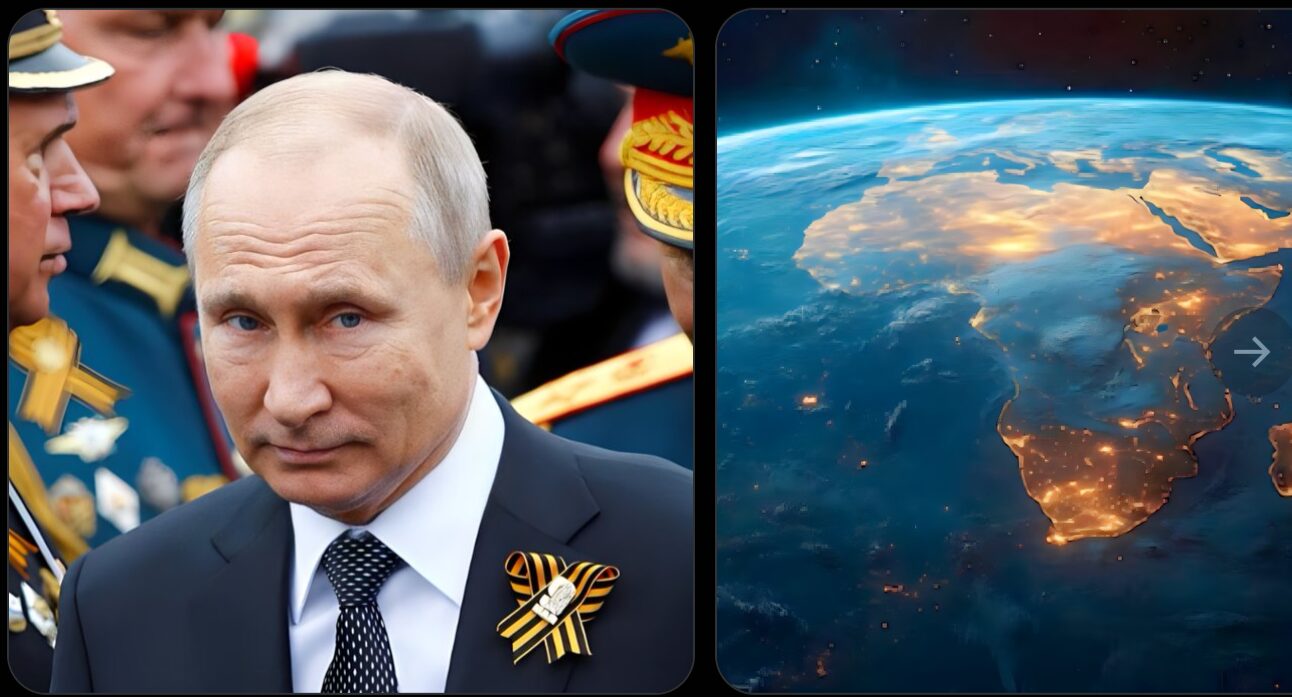

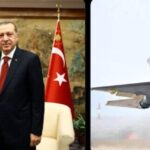
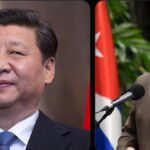
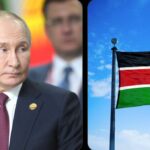
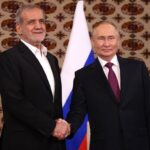











Post Comment